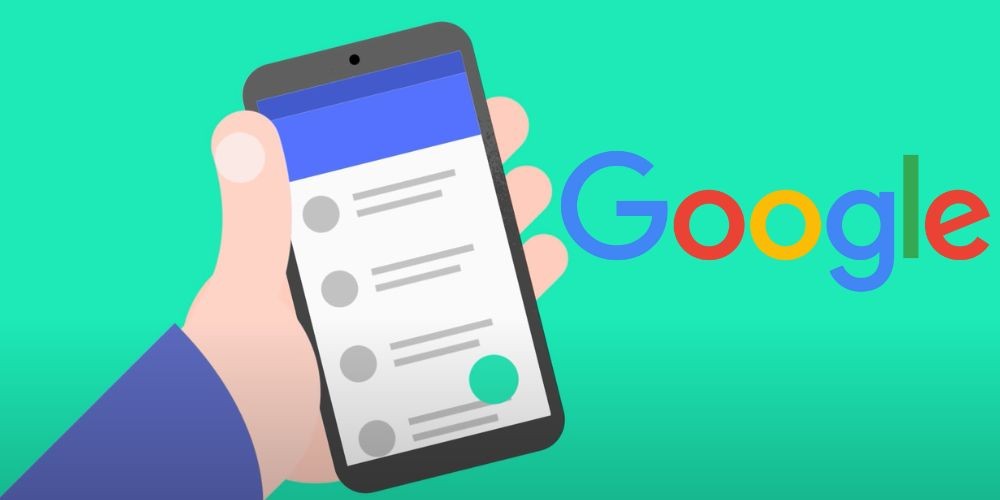Google Unveils "Engage" SDK to Drive Users Back to Android Apps
- 2024-05-22 07:35

Google's latest endeavor seeks to re-engage Android users with the apps already on their devices. Announced at the Google I/O 2024 developer conference, the tech giant introduced the Engage SDK, a new tool aiming to revive user interest through immersive and personalized content. Over 35 developers, including big names like Spotify and TikTok, are on board to test this initiative.
At the conference, Google highlighted how the Engage SDK will help developers showcase their content in unique, compelling ways. Mekka Okereke, GM for apps for Google Play, explained that the feature, leveraging Google's deep integration with Android, will automatically highlight a user's most relevant app content. Without needing extensive integration time, developers can guide users back to specific app experiences, whether it’s completing a purchase or resuming a playlist.
The Engage SDK introduces a new "surface," described as a series of widgets rather than traditional app-specific widgets. These widgets combine content from multiple apps, offering deep links that direct users to specific tasks within their apps. Imagine this as a highly curated, personalized interface akin to a social media feed but to reignite interest in apps users might have forgotten about.
Apps participating in the SDK, such as Tumblr and Uber Eats, demonstrate varied uses, ranging from engaging with memes to placing food orders. This integration bridges different applications, revitalizing user interaction by offering deals, personalized recommendations, and timely reminders to engage with forgotten features or new content. Personalized content keeps users engaged and offers an incentive to explore more apps.
The Engage SDK is expected to launch its consumer-facing features later this year, with developer previews already in progress. This innovative approach could redefine how users interact with their apps, offering a new way to discover and re-engage with content through an immersive, personalized interface. Google's efforts not only stand to benefit developers by increasing app engagement but also enhance user experience by making relevant content more accessible.